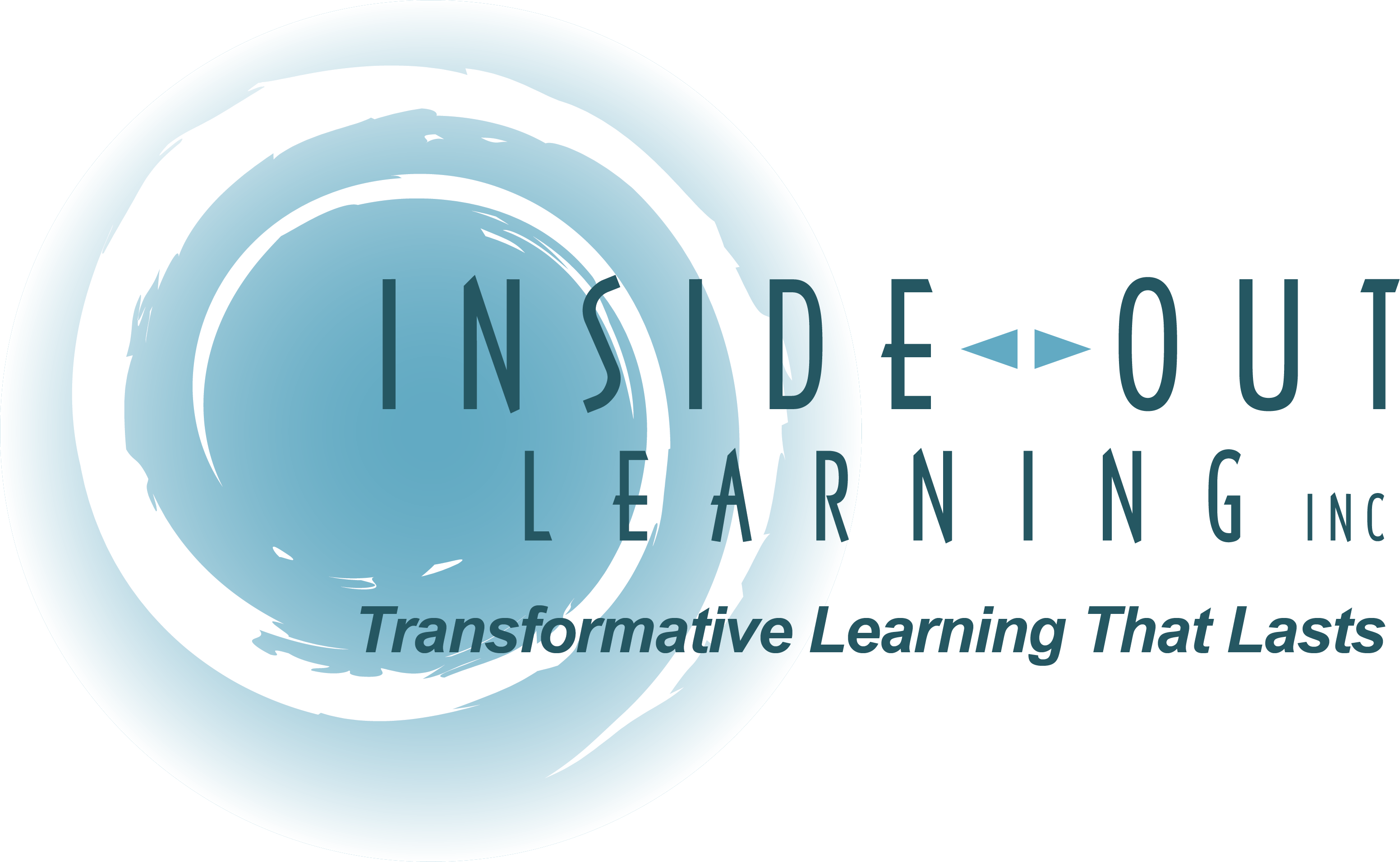Leadership Unpacked: How To Think Like A Human Leader – Forbes
*Forwarded from Feedly*
Leadership Unpacked: How To Think Like A Human Leader – Forbes
Young adult helping friend climbing up rock
getty
Leadership – it’s a concept that’s almost universally recognised, frequently used, and widely sought after, but not so easily defined.
For centuries, the true meaning of leadership, and in turn what it means to be a leader, has evaded us, leaving space for passionate arguments and rigorous debates. The subject is so divisive I’d even wager that if you were to ask five different people to define a leader or leadership, you’d get five different answers.
Now, this inability to come to a consensus on the meaning of leadership isn’t down to it being an esoteric concept that only the few, brilliant ones among us can fathom. No, it’s because, more often than not, our understanding of something is wholeheartedly determined by what and who we’re exposed to. And this in turn can lead us to fostering distorted ideas of things such as leadership, as well as other concepts like ‘good business’ or ‘corporate purpose’.
Take the go-to figures of today – those household names that many of us immediately think of whenever we hear the word ‘leader’: Jeff Bezos, Elon Musk, Bill Gates. When unpacking the meaning of leadership, if we were to go off these examples alone, we’d truly believe that only a select few men are actually capable of leading. These examples reflect an individualistic and archaic ‘Great Man’ theory of leadership. One that stresses the importance of exceptionality, as well as a tendency to frame leaders (by all gender types) as either ‘he or him’.
It goes without saying that this is an overtly narrow perspective on leadership, not least because it discounts every leader, no matter how apt the example, that happens to be a woman. If we’re to unpack leadership, in this day and age, we need to forget what we think we already know.
So where do we start then?
Leadership isn’t inextricably linked to hierarchy or a job title
Just because you’re not a CEO or Managing Director of a firm doesn’t mean you can’t be a leader. Though a traditionally senior position within an organisation may present you with a better platform to realise your full potential as a leader, ultimately you can lead at any level where there is the possibility of having an impact and empowering others around you.
Now, it should be noted that leading is not the same as managing. This is another archaic misunderstanding of the ‘leading’ as a concept. These actions require separate skillsets and have a different impact on those you work with. While managers guide, oversee and instruct, leaders inspire, innovate and motivate.
Authenticity is key
So far, our classification of leadership is broad. We’ve removed the idea that it comes exclusively with professional seniority, or scaling the corporate ladder, instead taking a more inclusive perspective. Employing a fundamental take is necessary, as a fundamental aspect of leadership is authenticity. This term can be taken to mean two things: an alignment between words and actions, a willingness to take responsibility; and being true to oneself, not trying to fit any mould. No two leaders are alike – nor should they be. A copy-paste mechanism may not be effective for anyone to become a leader. It’s this sincerity – being genuine – that’ll enable you to lead with legitimate purpose and meaning. It will come naturally, while artificiality will be ineffective.
Leaders must think beyond themselves
Finally, leadership is not only about leaders. Leaders can’t be leaders if they don’t have followers. Indeed, the novel idea of change starts with a leader, but unless it is accepted by at least one follower, the person may not be categorized as ‘leader’. For this to happen, the underlying relationship between leader and follower should be nurtured which is an essential ingredient for the leadership development.
At Imperial College Business School, we realise that being true to oneself stems from knowing oneself, and so leadership training starts at a micro-level. Encouraging students to acknowledge their skills, strengths, and weaknesses – as leaders have flaws too – through psychometric testing, we train future leaders to understand how their behaviours affect others, so that they can learn to regulate their actions, fostering better interpersonal skills – a must-have for any leader.
Over 90% of the challenges faced by leaders/managers are related to motivation of their colleagues. And, in that respect, remote working – made necessary by COVID-19 – has created new challenges for leaders.
There is the often-hierarchical dynamics of digital meetings which create barriers to communication, particularly for introverted or junior employees, as well as broader fatigue and strained mental health for both leaders and their teams. And so, in this context, mindful leadership is critical. By this I’m referring to the practice of taking things one-by-one, as they come. For leaders, this can be an effective means of preventing information overload, as well as broader stress. And for the ones you lead in teams, as well as the broader organisational culture, the benefits are also manifold.
With the backdrop of the COVID-19 pandemic as a crisis in mind, now more than ever before, leadership has brought along the need of humanizing this leader-follower relationship, which goes beyond a title. And so the priority now for institutions like Imperial must be to create leaders that are driven by authenticity, and an acute awareness of how they impact those around them. In doing this, we hope to inspire a new generation of ethical, responsible and more human leaders, to create a more inclusive, equitable and resilient society.
This article was authored by Dr Sankalp Chaturvedi, Associate Professor (Organizational Behavior and Leadership) at Imperial College Business School.
via leadership “https://ift.tt/2JDWSdM”
May 21, 2021 at 10:21PM
